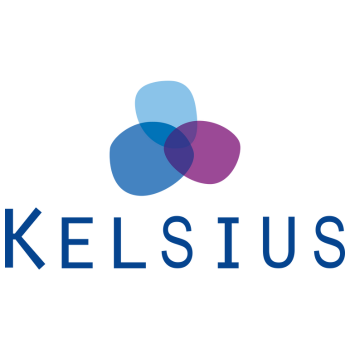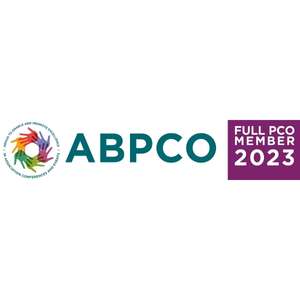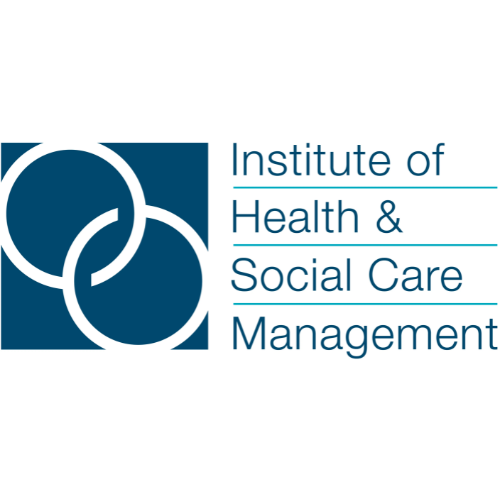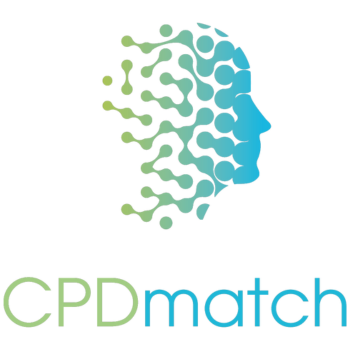The programme
08:30
Registration & Networking
Registration - Open from 8:30 am - Closes at 11:00 am
All delegates must complete their registration process before the 11:00 AM cut-off time. Please arrive in a timely manner to allow for registration and to avoid any inconvenience. Delegates who arrive after the registration deadline will be refused entry to the event.
We appreciate your cooperation in helping us maintain the event's schedule and ensuring that everyone can fully participate in the Conference. If you have any questions or require assistance, our event staff will be available to assist you with the registration process.
Thank you for your understanding, and we look forward to an insightful and productive event together!
09:30
Chair Opening Address (Confirmed)
Chris Morrow-Frost
National Clinical Advisor to Secondary Care
NHS England
Chair Opening Address (Confirmed)
09:40
Keynote presentation: Confronting the Challenges in Urgent and Emergency Care: Navigating the Current Landscape and Strategizing for the Future (Confirmed)
Charlotte Aston
National Director -
In hospital transformation - UEC
The opening keynote will focus on the pressing challenges currently facing the NHS Urgent and Emergency Care system. It will provide a detailed analysis of the current landscape, emphasizing the persistent issues of high demand, workforce shortages, and operational inefficiencies that strain the system.
The address will explore how these challenges have impacted patient care and service delivery, setting the stage for discussions on strategic solutions and innovations. This keynote will equip attendees with a comprehensive understanding of the critical areas needing transformation, highlighting the urgency of collaborative efforts to drive sustainable change within UEC services.
10:00
The Coal Face of Urgent and Emergency Care: Insights from the Front Line Panel Discussion
Sarah Williams
Associate Director for UEC and Patient Flow
Herefordshire and Worcestershire ICB
Catherine Withers
Assistant Director of UEC Improvement
NHSE
Alison Johnson
UK Health Lead
ORCHA
Paul Vinters
Senior UEC Operations Manager
NHS England
This panel discussion will bring together service heads and frontline leaders from across the NHS Urgent and Emergency Care system to share their firsthand experiences of what is working—and more importantly, what isn’t—in the current UEC landscape.
The discussion will delve into the operational challenges that persist at the coal face, such as workforce shortages, patient flow inefficiencies, and resource constraints. Panelists will candidly assess the effectiveness of recent initiatives, highlighting areas of success and identifying critical pain points that require immediate attention.
Panellists:
11:50
Chair Morning Reflection (Confirmed)
Chris Morrow-Frost
National Clinical Advisor to Secondary Care
NHS England
Chair Morning Reflection (Confirmed)
11:55
Case Study - Learnings from North of the border: Flow navigation in Scotland (Confirmed)
Dr Gordon McNeish
Associate Medical Director and Emergency Medicine Consultant at NHS Lanarkshire
Kat James
Director of New Projects
Consultant Connect
Case Study - Consultant Connect Limited
This session will showcase how rapid access to clinical advice improves patient flow, reduces hospital conveyances and addresses system pressures, with Single Point of Access examples from across England, Scotland and Wales. Scotland's NHS Lanarkshire will give a closer insight into their set up of a Flow Navigation Centre, which includes a “Call Before Convey” initiative in collaboration with the Scottish Ambulance Service. They will cover the lessons learned from the initial set up, further developments along the way as well as how to scale and sustain these patient-centred pathways successfully.
12:15
Fireside Chat - Unlocking the Potential of Urgent Treatment Centres: Enhancing Service Integration and Impact (Confirmed)
Mr Reiss Bond
Deputy Director Urgent and Emergency Care- Urgent Treatment Centres
DHU Healthcare
Fireside chat exploring options for improving patient flow, care and staff wellbeing and performance.
12:35
Presentation - Enhance, Enable and Effect
Paul Vinters
Senior UEC Operations Manager
NHS England
Faizan Rana
Senior Operations Manager
NHS England
Daniel Barnwall
Head of Operations
NHS England
The presentation seeks to introduce the role and purpose of SCCs as part of the Enhance, Enable, Effect theme – as the enabler. The first 2 slides will introduce the concept so the entire audience is familiar with the role, and the need for a system response.
The presentation will also highlight how the SCC can support teams across the UEC pathways, and note some of the menu of actions it can implement.
The successes and achievements of the SCC network will also be highlighted including 100% digital enablement. This will also include an offer of access to the webinar and tools made available to the SCC network that the wider teams in UEC pathways can also access and find of relevance.
13:55
Chair Afternoon Address (Confirmed)
Chris Morrow-Frost
National Clinical Advisor to Secondary Care
NHS England
Chair Afternoon Address (Confirmed)
14:00
Keynote presentation - Access Across the UEC System: Exploring Front Door Models and Pathways (Confirmed)
Nikki Teesdale
Director of Health and Care Integration and Improvement
Medway and Swale Health and Care Partnership
This session will explore the diverse access points within the Urgent and Emergency Care system, focusing on the effectiveness and challenges of various "front door" models.
14:25
Presentation - Independent evaluation of NHS England’s 2023-2025 UEC Recovery Plan (Confirmed)
Stephanie Gillibrand
Research Fellow
The University of Manchester
Introduce our evaluation activities and areas of interest for enquiry.
14:45
Balancing Data-Driven Insights with Practical Implementation Panel Discussion
Troy Profit
Senior Commissioning Manager – Urgent and Emergency Care
South East London ICB (Bromley Place)
Catherine Withers
Assistant Director of UEC Improvement
NHSE
Paul Vinters
Senior UEC Operations Manager
NHS England
Daniel Barnwall
Head of Operations
NHS England
This panel debate will bring together experts and healthcare leaders to discuss the integration of innovative strategies within the Urgent and Emergency Care (UEC) Recovery Plan.
The debate will examine approaches to identifying inefficiencies and improving patient outcomes across UEC services. Panellists will address the challenges of implementing data-driven recommendations while balancing these insights with the practical realities of frontline care. The discussion will explore differing perspectives on sustaining long-term improvements and driving systemic change in UEC services.
Panellists:
-
Catherine Withers, Assistant Director of Programmes, Regional UEC & VC Improvement Team, NHS England – East of England (Confirmed)
-
Troy Profit, Commissioner UEC, SEL ICB (Confirmed)
























 NHS Urgent and Emergency Care Event Gallery Series
NHS Urgent and Emergency Care Event Gallery Series

















